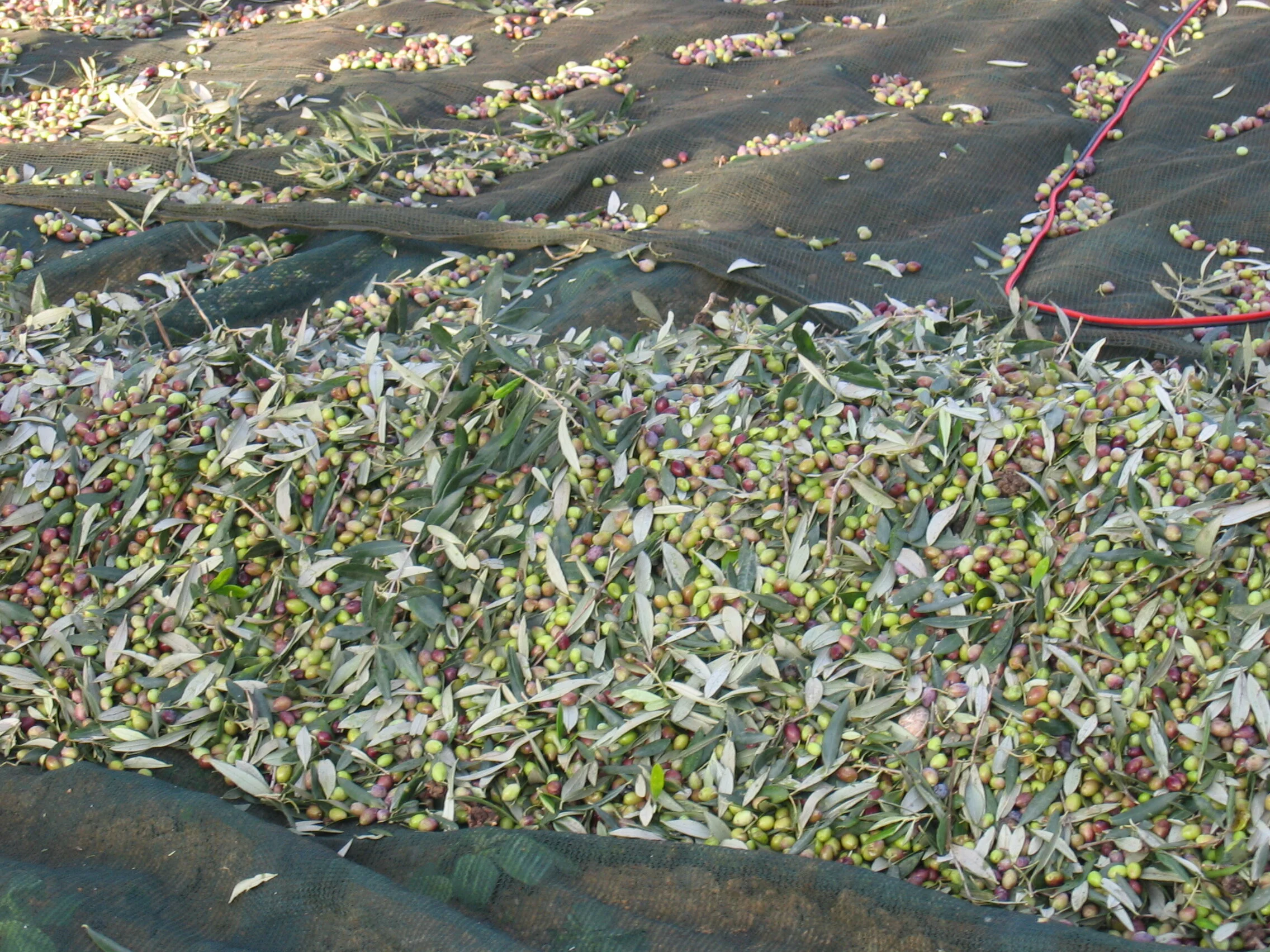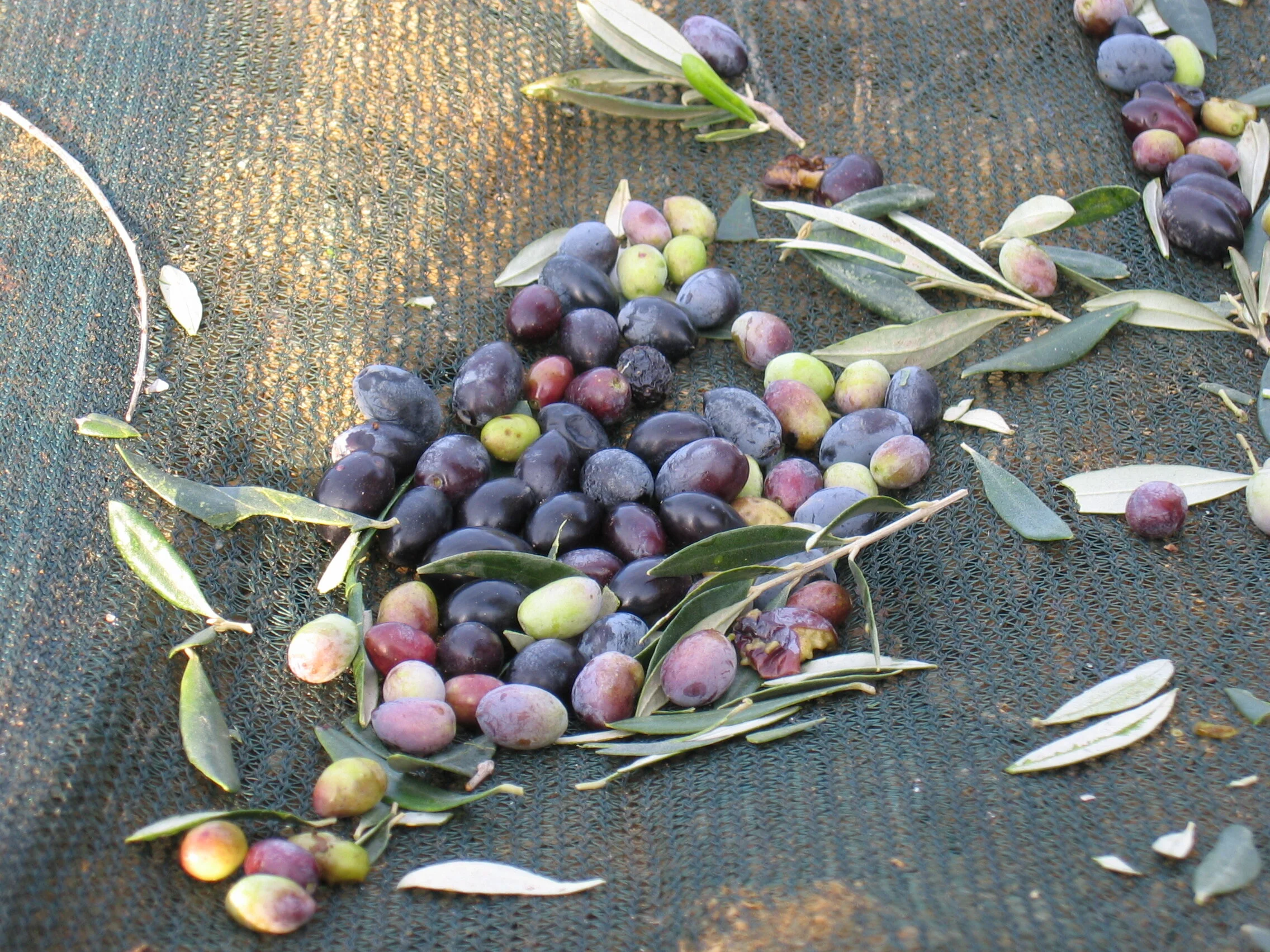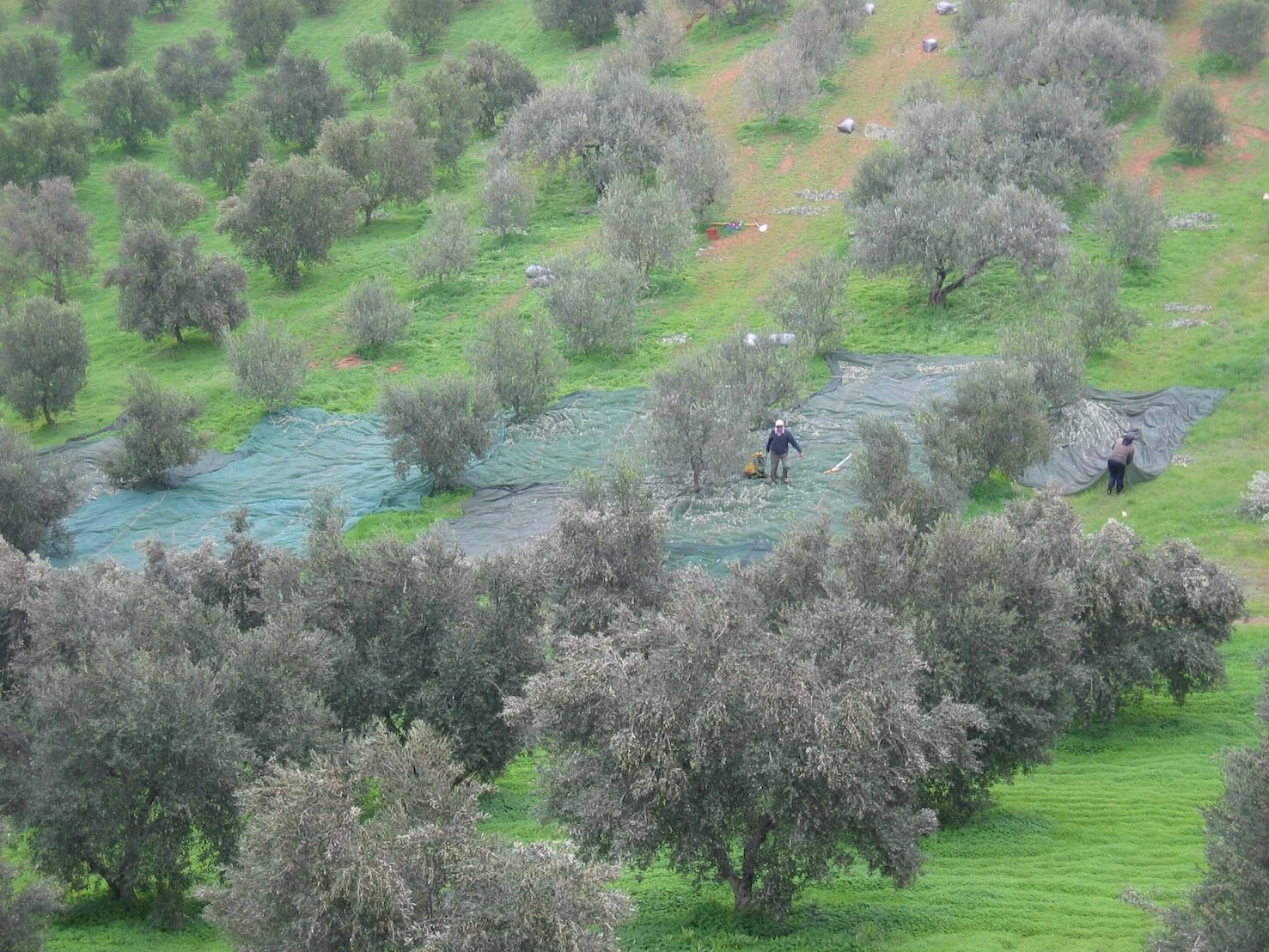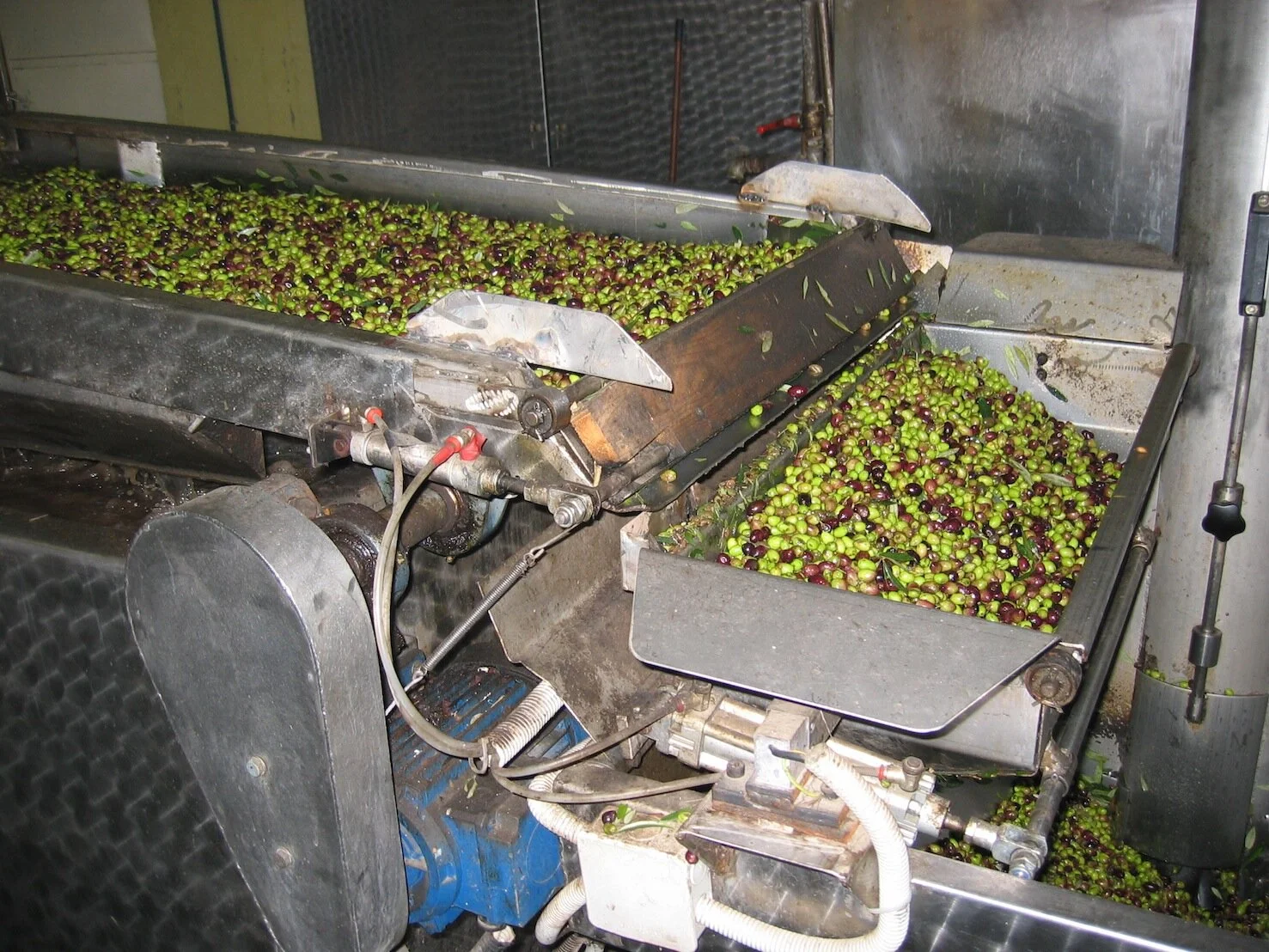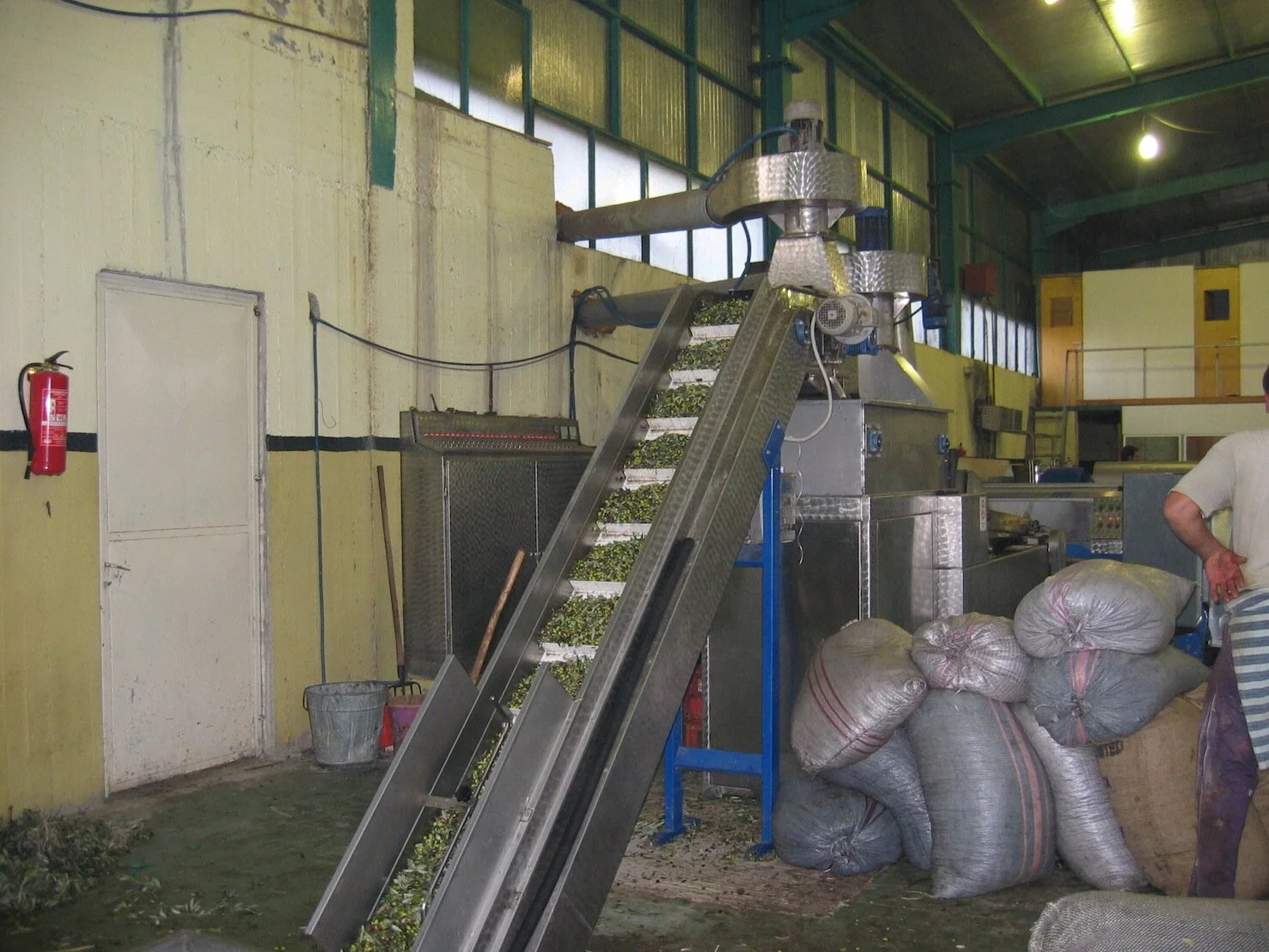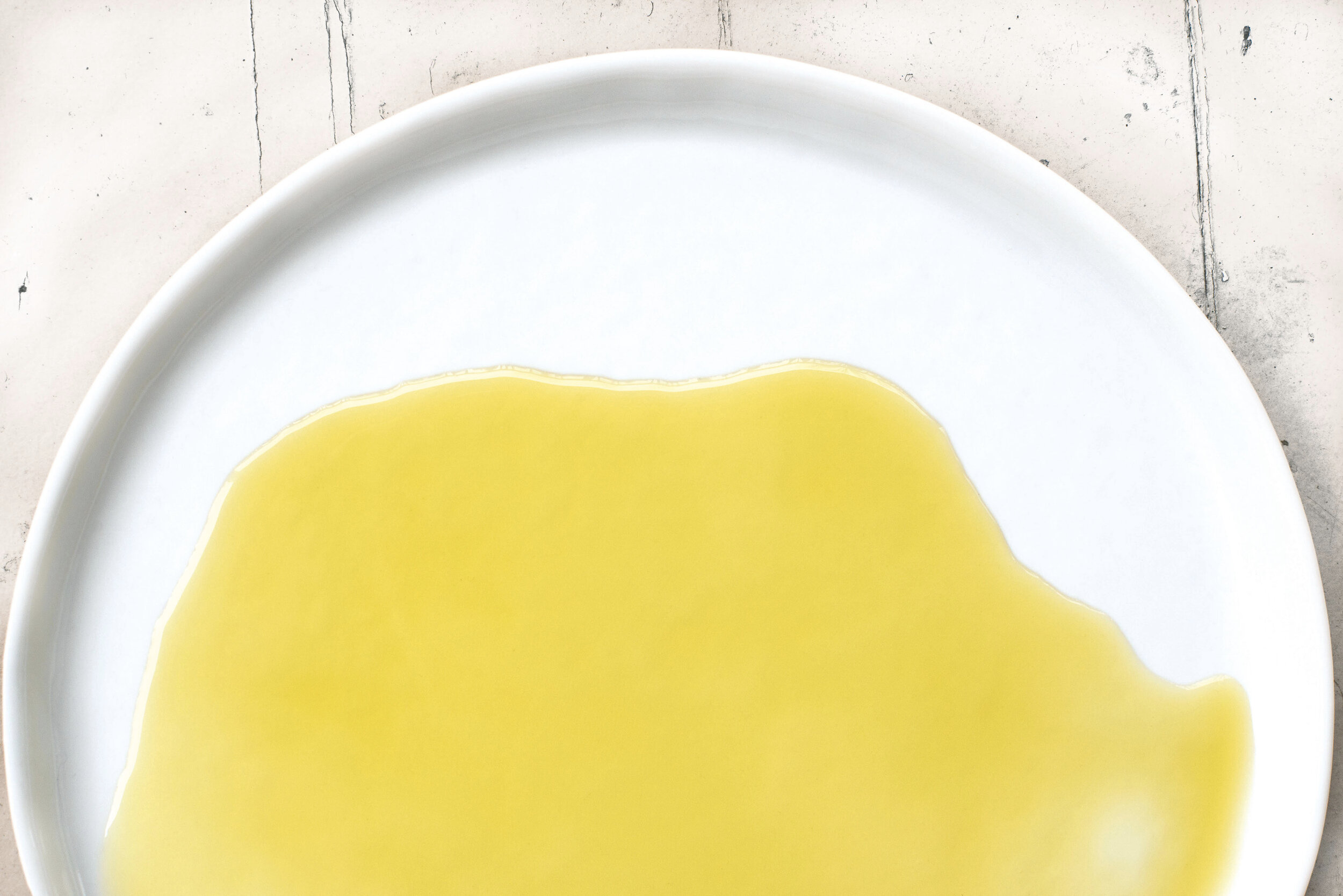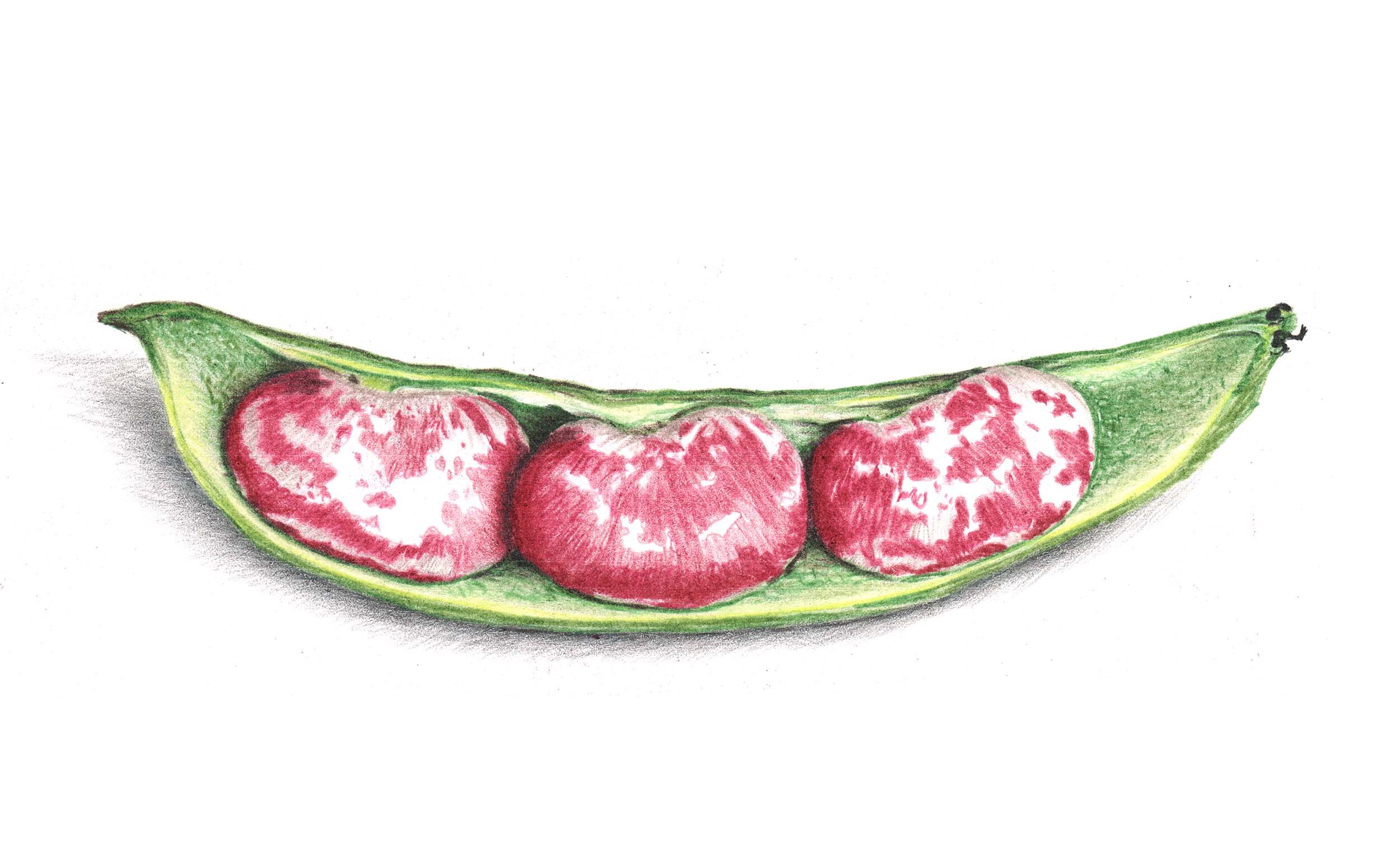Mt. Kofinas

A local story about olive oil
Childhood memories are sacred. It doesn’t matter if you grew up in a Dominican part of the Bronx playing in fire hydrants and buying popsicles at the corner bodega or on a Minnesota dairy farm building snow forts and playing hockey on a frozen pond. When we share these stories as adults our eyes shine, our grins become sloppy, and we are transported to another time.
When Nick Semertzides agreed to tell me about how his childhood adventures in Crete led to a burgeoning family olive oil business, I knew I was in for an adventure. Nick and his brothers Manos and Alex are first generation Greek-Americans, whose parents, Evie and John Semertzides, met at university in Thessaloniki. Eventually settling in Cincinnati, the Semertzides family stayed well-connected to life back on the island of Crete, specifically in the small village of Stavies.
Located at the base of Mt. Kofinas in the heart of the rich agricultural Messara Valley, Stavies is a tiny village of about 300 residents. The village is surrounded by olive groves, most of which were purchased by the Semertzides family four generations ago. As a result of years of dutiful care, the somewhat small and gnarled trees continue to produce a deep blackish-purple fruit every other year. This Koroneiki variety of olive is known on the island as Psiloelia and is specifically prized for its high-oil yield.
Nick’s face lights up as he begins to explain the harvest, an event he and his family routinely travelled to Crete to participate in, usually in January. “You have to understand, there are no machines, no tractors, you know. Only big, black nets.”
He goes on to explain how he and his brothers would shake the trees until the fruit fell into the nets. The olive-laden nets were then emptied into bags, which were taken to the village press for immediate processing.
Typically it would take their group of six or eight gatherers about 12 days to harvest the fruit of 1,200 trees. He estimates that they were able to shake between four and eight tons of olives, which would produce about 1,400 kilograms (roughly 3,100 pounds) of oil from these trees for his family and an equal amount for a family that tended the trees throughout the year. The oil was then left to settle for two months before it could be shipped to the United States. Often times the Semertzides boys would carry the bottles through Customs checkpoints themselves, on their way home to Ohio.
When I ask him about any special memories from the harvests, he gets an impish glimmer in his eye. It seems that the olive harvest just happened to coincide with the distillation of the local moonshine, known as Raki. “I always remember the baked potatoes, wrapped in foil, that we cooked over the fires of the stills.” When I press him about the moonshine he laughs. “For drinking, for lamps, for cuts, instead of rubbing alcohol.” He shakes his head, smiling, “It’s not like we were all drunk or anything.”
Friends of the Semertzides family were impressed by the flavor of the Cretan olive oil that they tasted in Evie’s flavorful cooking. Each year the family brought back more oil for their own use as well as for friends. In 2008, the Semertzides family officially launched their small business, Mt. Kofinas Olive Oil.
At this time, the retail aspect of their business includes the standard extra virgin olive oil, which starts at nine dollars for a 250 milliliter bottle, as well as a line of infused oils. The infused oils include a Mediterranean herb blend, citrus, basil, and a chipotle spice. The infused oils are all available in the 250 milliliter size at 11 dollars per bottle. There is some discussion among the family about expanding to include tapenade (a paste made of ground olives and herbs) and perhaps a line of natural olive oil soaps.
When I ask Nick and his wife Eleni (who is also from Greece) what they have learned from doing business on two continents, Nick stops to think for a minute. “As I’ve gotten older, I’ve learned to appreciate our Cretan culture even more. I love how hedonistic it is - there’s always an excuse to come together over food, to light up the grill.”
Eleni smiles at Nick, who then grows serious. “But the American ways of doing business are much better. Here there is no siesta hour.” He continues, “I like to think that we can bring the best of both worlds together in our business: the old world production techniques and flavors and the modern American economics.”
“We know that our Cretan oil is the best,” he states. “But we also have a chance to help the people of Crete to maintain and even revive the traditional practices of agriculture. This way, everyone wins.”
Nick and Eleni, along with brother Manos and his wife Liz, are committed to bringing Mt. Kofinas extra virgin olive oil to as many Ohio Valley cooks as possible. Their products are currently available at Madison’s Market and Colonel De’s Herbs and Spices (both at Findlay Market), Susan’s Natural World (Anderson), and multiple neighborhood farmers’ markets including: Loveland, Hyde Park, and Northside.
When you purchase Mt. Kofinas olive oil, know that you won’t just be supporting a local family business in Cincinnati — you’ll also be supporting a sustainable agricultural model in Crete.



